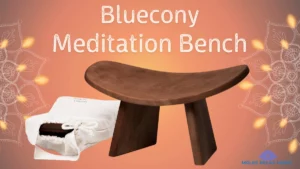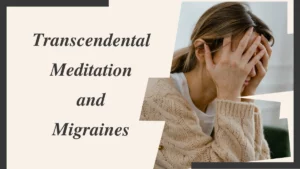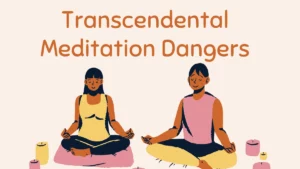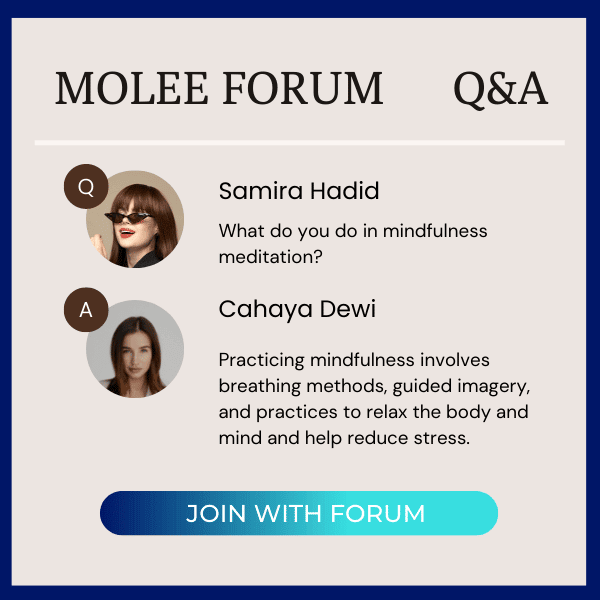Table of Contents
In this article, the importance of meditation music for sleeping and healing will be discussed with deep information.Music along with meditation is a technique that intends to encourage an intense state of awareness, calmness, and focused attention in the human body and mind. It has been practiced in different cultures all around the world for thousands of years. It seems like a simple task: just set silently and focus on your breath with full attention.
Music is one of the best powerful and interesting art that can have a profound effect on both emotions and the body of the human. Music can play a key role in releasing stress and constructively affect your health. It can lift your mood and releases your most popular stresses.
Meditation Music for Sleeping
Meditation music is a type of music with a slower tempo that can calm your mind and relax your body. Meditation music is simpler more calming and more relaxing than any other music. It’s a stress relief technique anyone can use. With regular practice, this music helps to soothe you by releasing the stresses of the day.
MEDITATION AND MUSIC GO HAND IN HAND. A FAMOUS INDIAN MYSTIC OSHU WROTE,
“Music and meditation are aspects of the same phenomena, without music meditation lack something; without music, meditation is a little dull, unalive”.
Meditation Music helps You Sleep
Sleep is normal human behavior. However, any disturbance or stress in life alters sleep behavior which leads to sleep problems, insomnia, and other mental and psychological disorders.
Sleep and music are closely connected for centuries. To bring harmony between mind and body music could be a better option. It is known that music with a slow tempo can soothe and motivate you to have a good sleep but it has also some serious scientific benefits for your health. That means meditation music for sleeping has a vital role.
Meditation Music Overcome Sleeplessness
People combat sleeplessness by using different methods such as medications and sleep coaching. But there is an increase in listening to medication music during bedtime which has surged its popularity in the world.
People around the world are continuously trying to get access to meditation music and show a swelling interest to get better sleep.
Meditation music can play a role in sleep music by improving your sleep and sleep quality.
Meditation Music Reduces Depression
As we know that one of the major causes of sleeplessness or insomnia is depression and stressfulness. Listening to meditation music may reduce the prominent symptoms of depression in adults. It was reported that patients with depression respond very positively when they were given a choice of meditation music.
Meditation Music Reduces Anxiety
Another prominent cause of sleeplessness is anxiety and frustration. Many people with poor sleep associate their bedrooms with frustration and sleepless nights. Music can counteract this, distracting from anxious thoughts and encouraging the physical and mental relaxation needed to fall asleep.
Why Does Meditation Music Affect Your Sleep?
Research has shown that meditation music enhances sleep because it affects and regulates the function of hormones, including cortisol which is also known as the stress hormone. If you are stressed so it means your cortisol level is abnormal and lead you to poor sleep. Listening to meditation music decreases the level of cortisol in your body. Meditation music has an effective power to reduce your stress and tries to harmony in your psychological patterns.
Meditation Music is Better than Medication
Listening to meditation music can improve your sleep and sleeping quality. Going forward, the science around meditation music will continue to broaden and deepen, leading to questions about whether music could rival the effectiveness of the medicine.
Meditation Music helps You Heal

Music is an integral part of our emotional and physical being. Meditation music can help you to heal your pain and now it has been incorporated into the standard rehabilitation process. Interest in meditation music’s effects on the body continues to grow, and major research programs are dedicated to uncovering new ways that music can benefit health.
Meditation Music and Brain
Meditation music strives to connect with your nervous system to uplift your emotions, and brain function and try to normalize your heartbeat. Music can affect our overall health ranging from memory and mood to heart functions.
Meditation Music and Mind
Meditation Music enhances the cognitive performances of our brain and helps to organize our thoughts efficiently. Listening to meditation music regularly can have a long-term changing effect on your thoughts and relax you by giving you a new outlook on the present moment.
Meditation Music and Stroke
Research has highlighted a ground-breaking technique for stroke patients. They found that if stroke patients listen to meditation music regularly for two hours daily so they can easily recover their verbal memory along with focused attention. This method is a clinical recommendation for stroke patients.
Meditation Music as Pain Relief
Meditation music has been tested in a variety of patients which resulted in the reduction of pain, helps to relieve their depression gives them a sense of better control over their pain.
Rise of Meditation Music
According to data released from Google, search interest in meditation is increase by over 500 percent. It is going to be a mainstream hobby, especially in western society to relax and give an outlet to their stressful thoughts and feelings. With aid of this increased usage, it can say that meditation music for sleeping has a positive impact on the human mind.
Practice Regularly
Angelika Alana, a meditation expert said that meditation depends on your personal experience but the most difficult part is to practice. She says “When it comes to meditating, the challenge most people tell me they’re facing is simply starting or sustaining a practice so the most important thing is that you find the practice relaxing. If that means music, go with it. If that means silence, go with that. There’s no right or wrong here.”


















